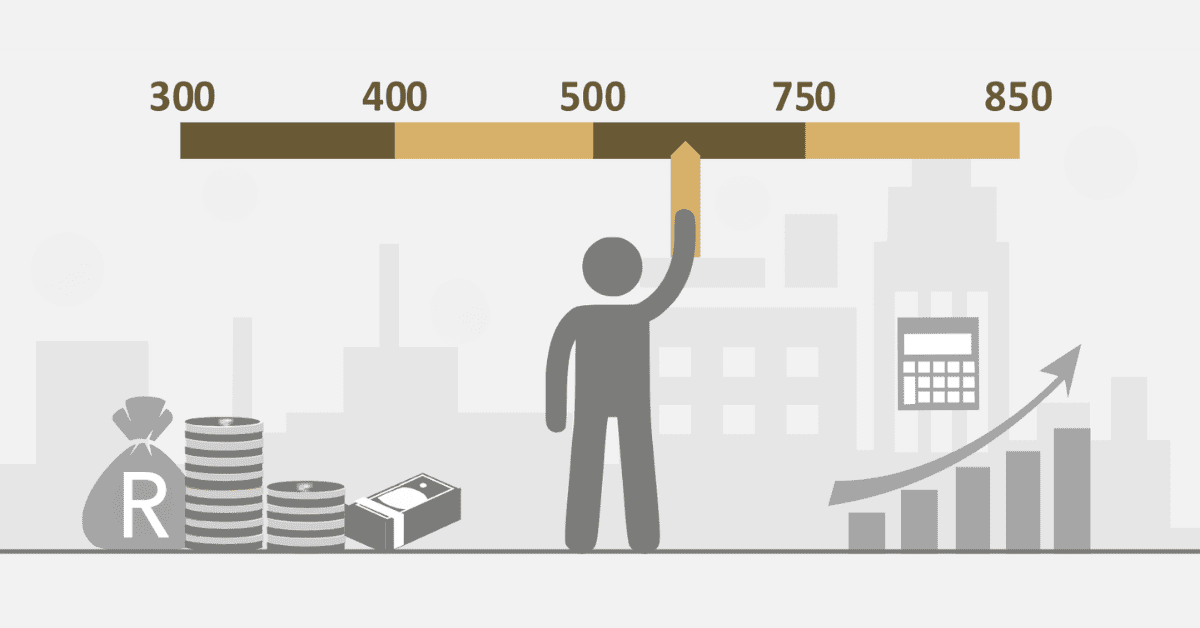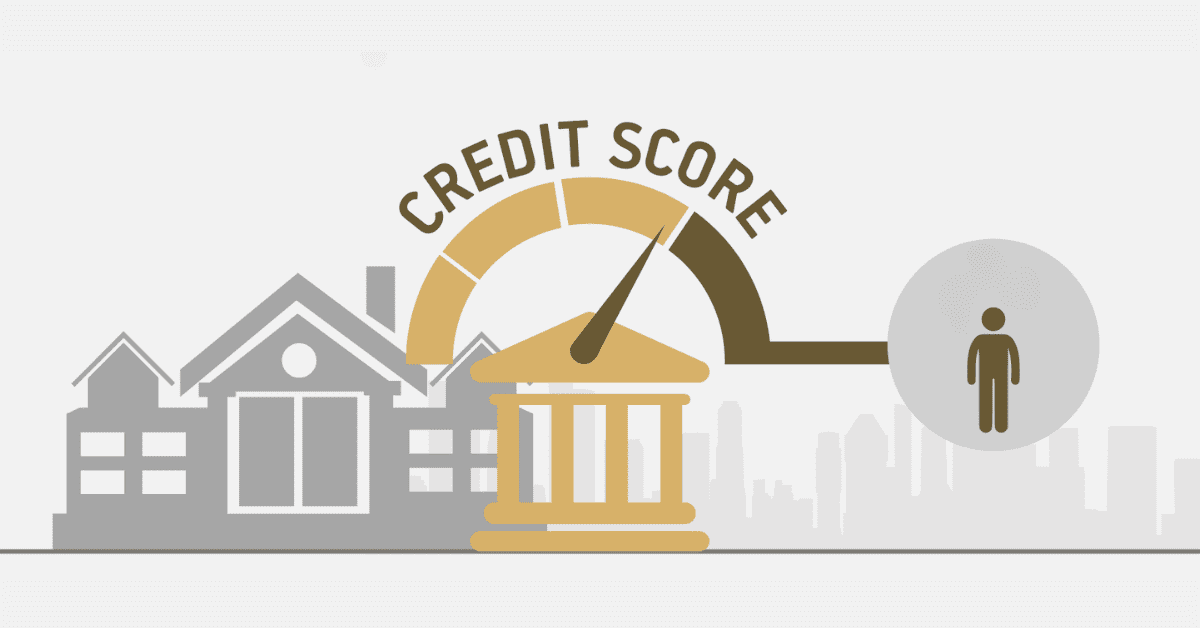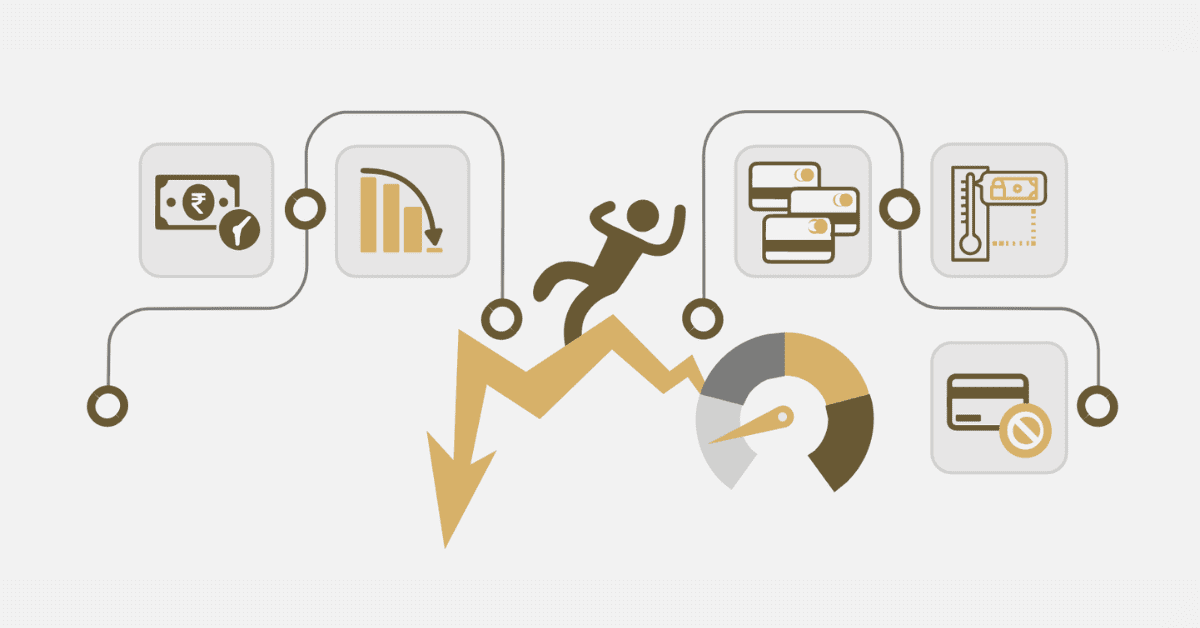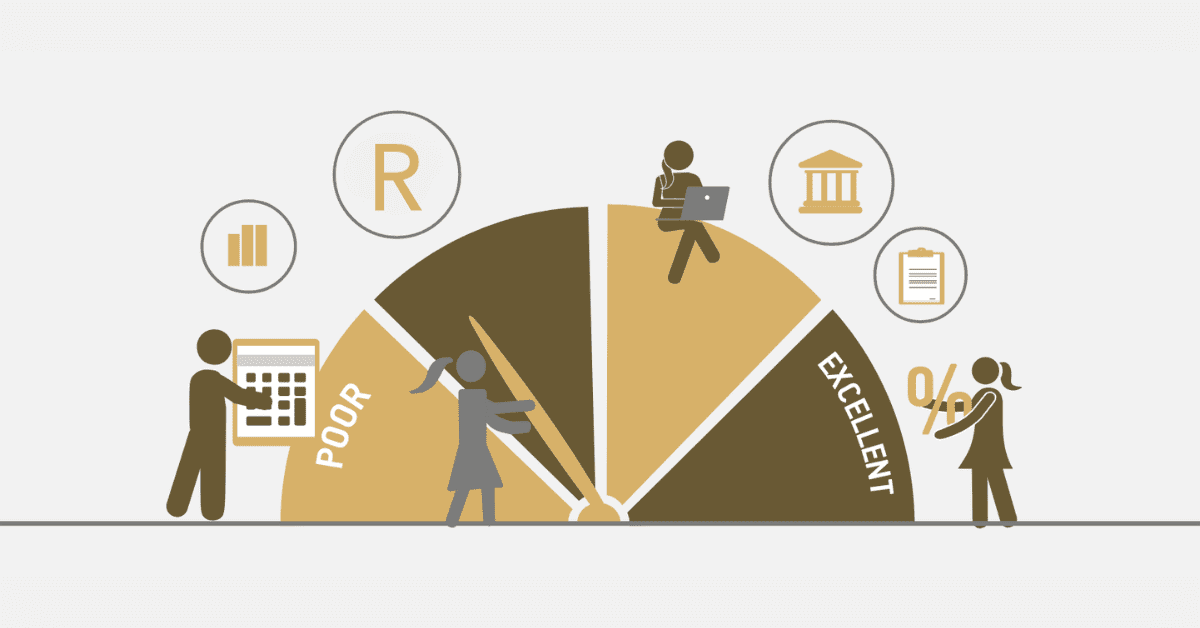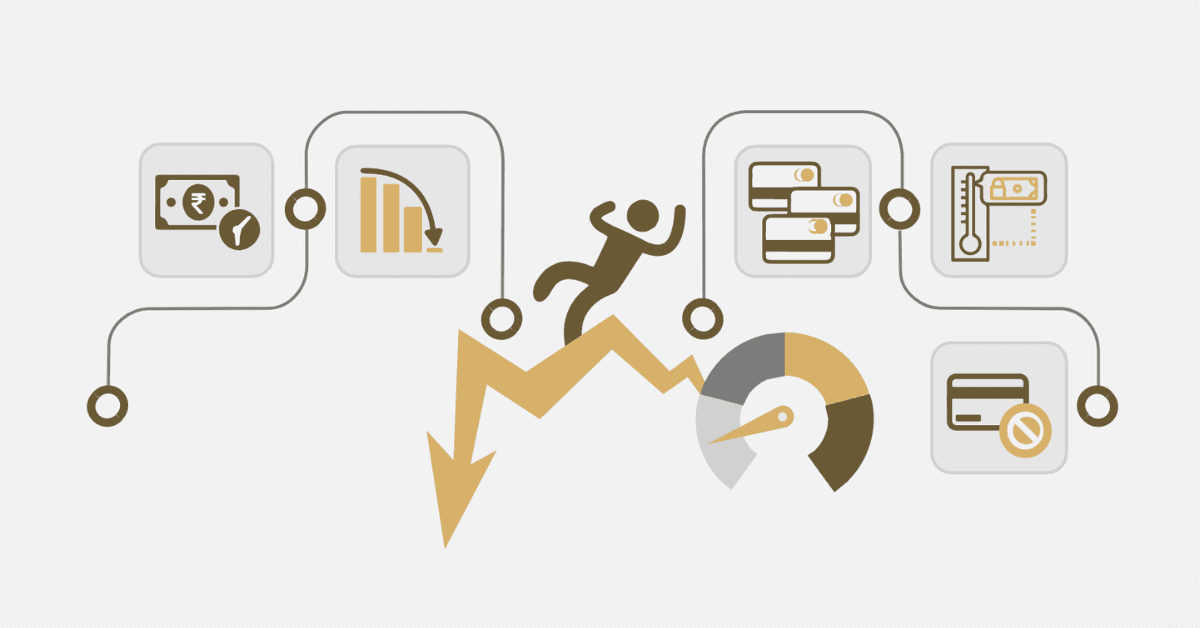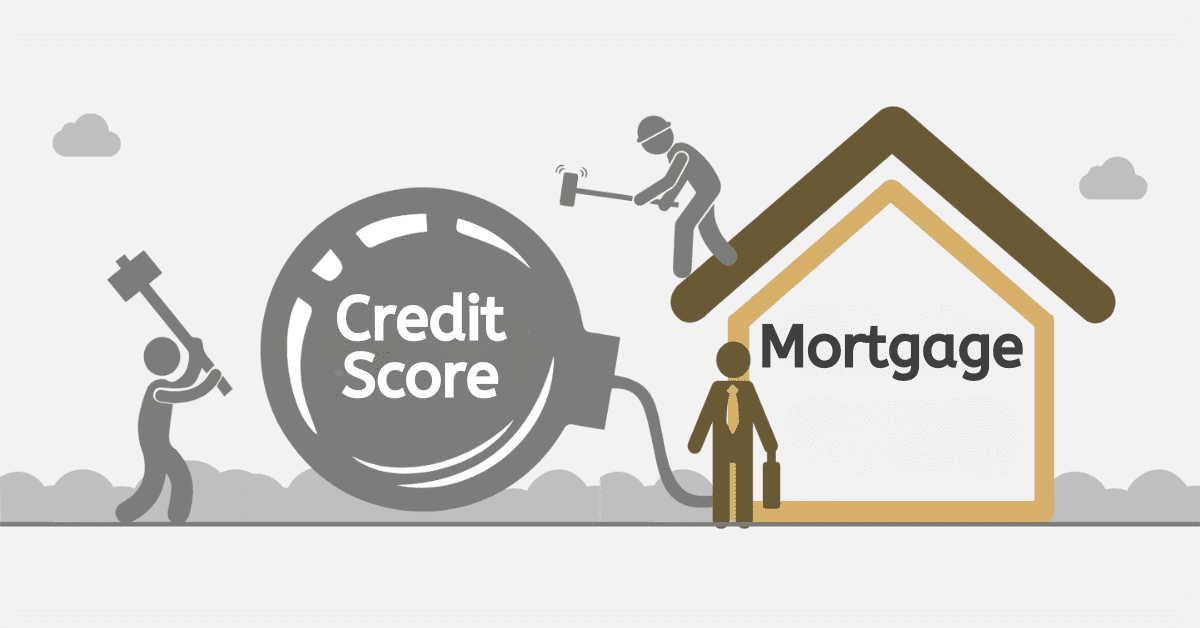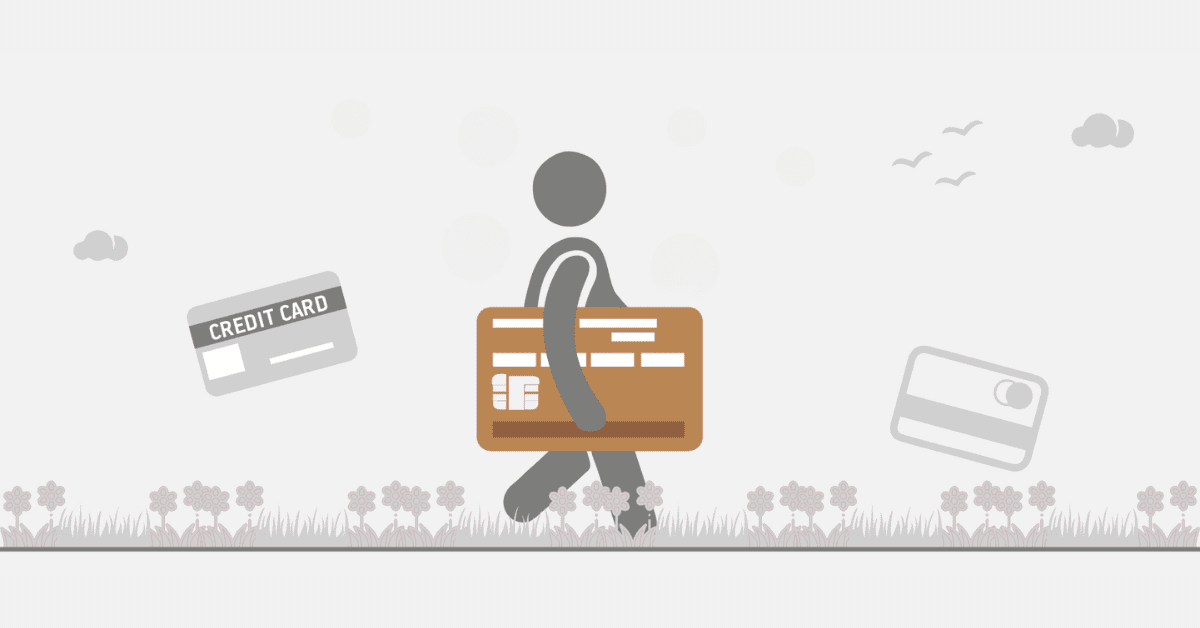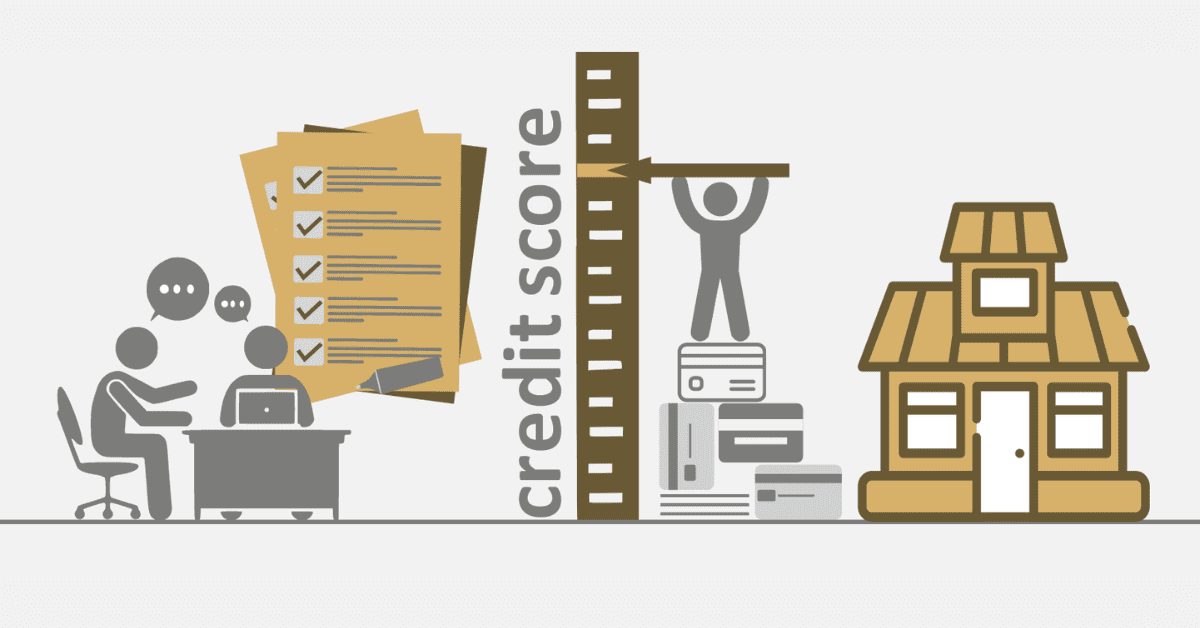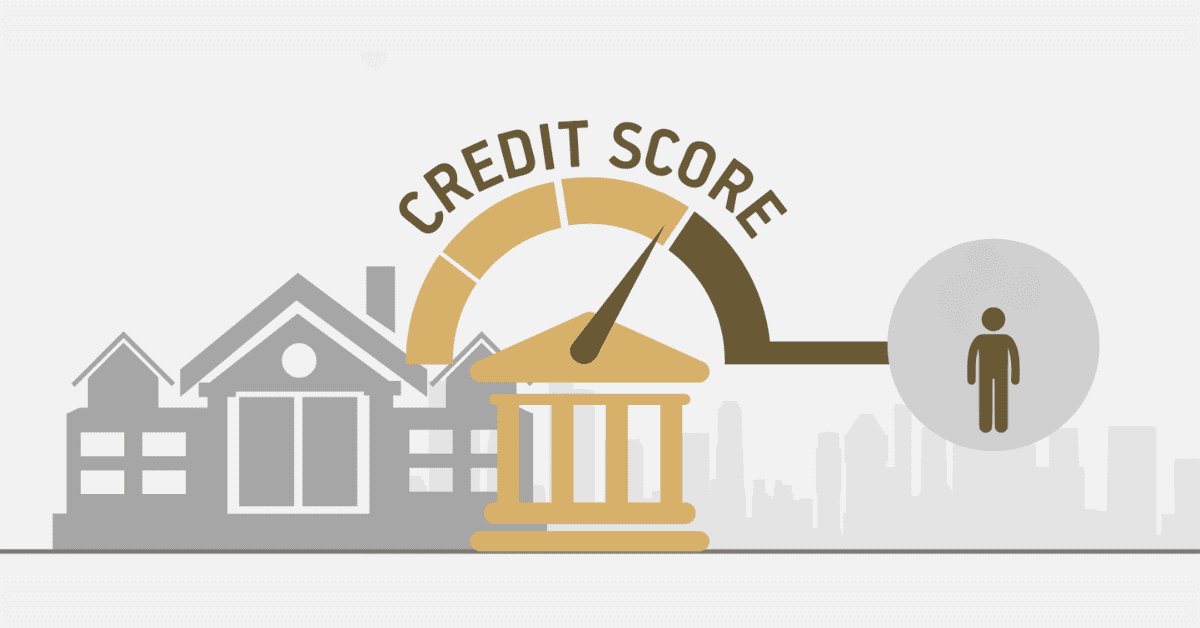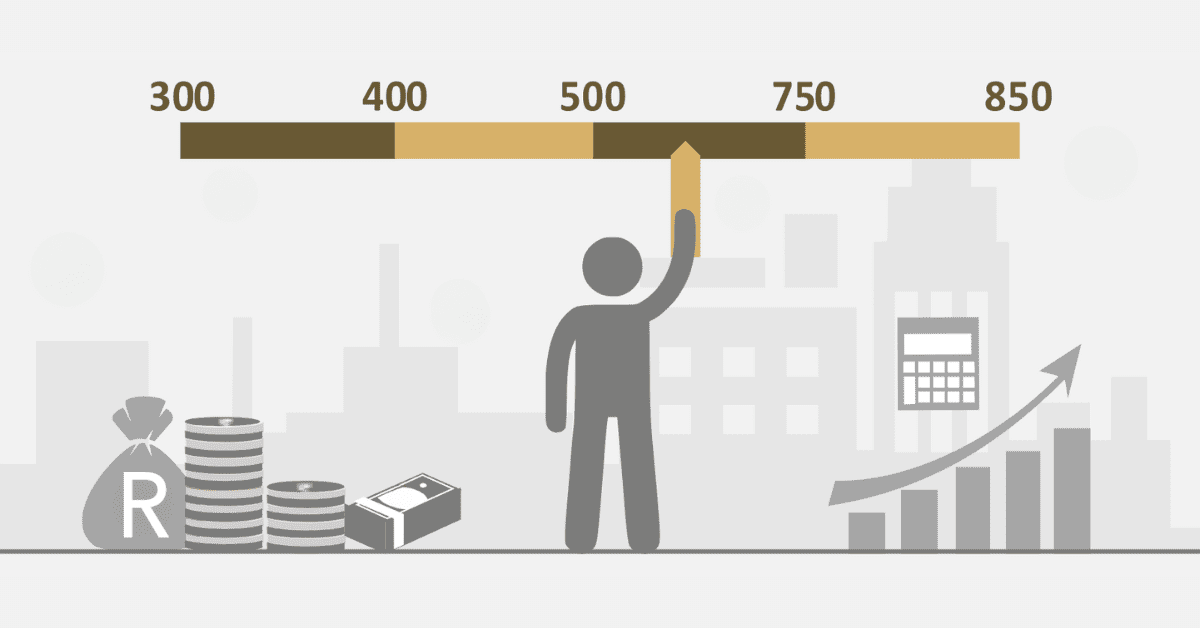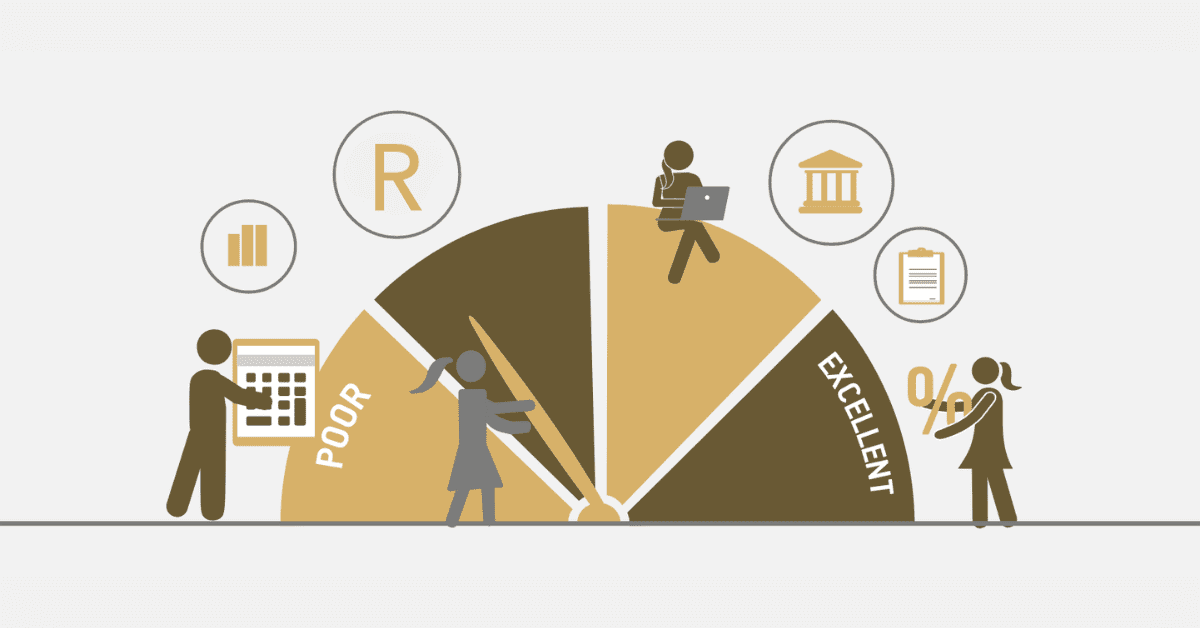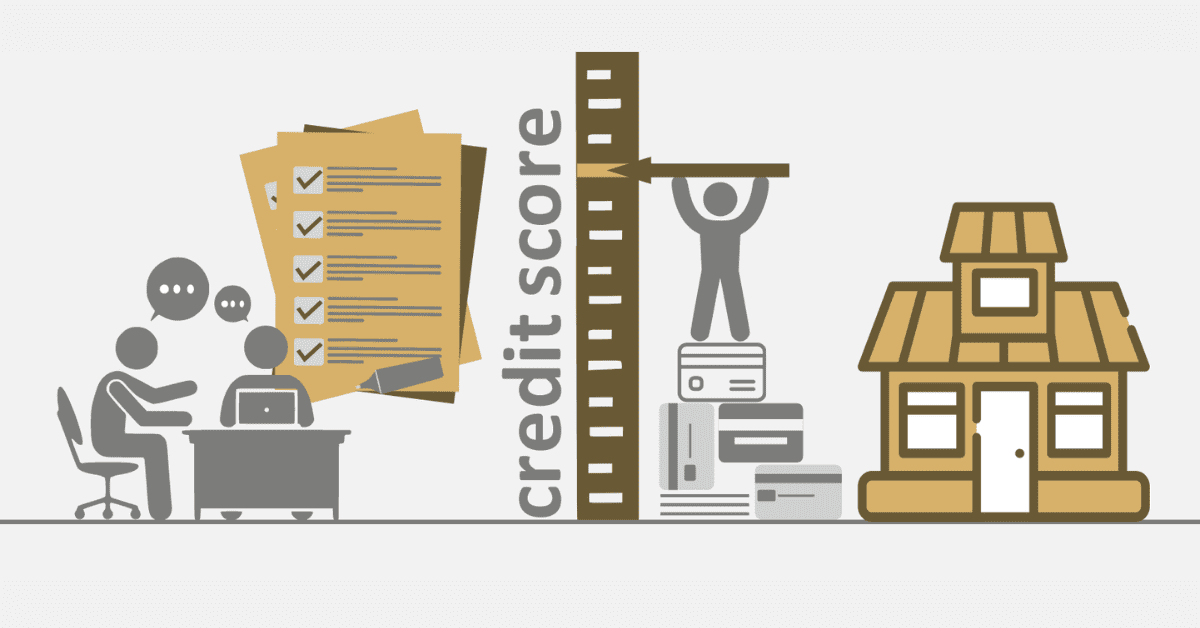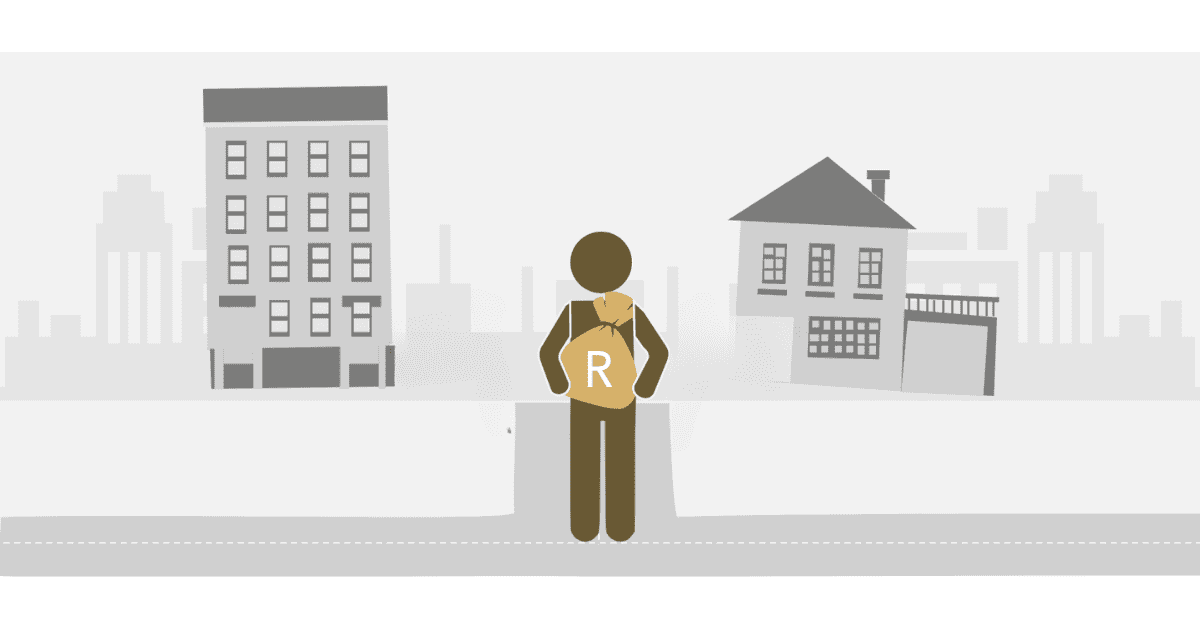A credit score is an important part of accessing and using credit in South Africa. It is a score assigned to you, based on your past behavior around credit, by the ‘credit bureaus’, financial institutions to which lenders regularly report. It is used by lenders to help assess your trustworthiness, how much credit-related debt you already have, and other factors they will use when deciding to loan to you. Today, we will look closer both at the borrower’s side of checking a credit score
What is Required to Check Your Credit Score?
If you wish to check your credit score in South Africa, it is a surprisingly easy process. Under our current credit act, once a year you are entitled to receive a full and exhaustive report from each bureau. We recommended checking the ‘Big 4’ bureaus in South Africa (Compuscan, TransUnion, Experian, and XDS) once a year. All you need to do is head to their website and follow the easy steps to request your report. You will, of course, have to provide some proof it is you, this is why it is best to deal directly with the bureaus. It also ensures you are seeing the most accurate score possible.
What if you can’t wait until your next free report? You can request a bureau report directly at any time for a very small fee- in the region of R20 to R30 per report. Alternatively, you can sign up for a (trusted) third-party service that will send you limited credit score data directly to your mobile or inbox monthly, to keep an eye on changes in your report. ClearScore, Kudough, and services offered through the banks are both trustworthy and reliable. However, you may notice small differences between these reports and your actual report from an individual bureau.
This is because many of these services aggregate data from two or more sources. However, it will let you regularly monitor your credit score, and give you a good overall understanding of your credit position, so they are well worth subscribing to.
Can Any Bank Check My Credit Score?
Banks and financial institutions in South Africa can check your credit score, but only if they have a reason to. This is governed by the Fair Credit Reporting Act. This means that any application for credit, new lines or balance increases, opening new accounts, and other relevant circumstances will allow them to initiate a credit check. They can’t just decide to check your credit score without a ‘permissible purpose’, however.
How do I Boost My Credit Score?
There is no ‘easy trick’ to boost your credit score- but it is easier than you may think to have a good impact on your score! Remember, a high credit score is tied to responsible use of credit, and not being over-indebted. This means all positive behavior around your credit, like paying on time monthly, keeping your balance between 50% and 30% of the allowable balance and not maxed out, and making payment plans or otherwise settling defaulted and outstanding debt will all have a positive impact on your score. With time and great credit behavior, you will see your score rise.
It is always smart to pull at least your annual free report, however, to audit the information the bureaus are using. While rare, it is possible for outdated items to still show on your report, and fraud is always a possibility. Checking and verifying that there are no ‘strange’ items on your credit report, and appealing them should you find any, will also help to boost your score and ensure it is fair and accurate.
What is the Easiest Way to Check My Credit?
The easiest way to check your credit for free every month is to use a trusted third-party credit score service like ClearScore or Kudough. While these often combine data from several bureaus, they will give you a mostly accurate idea of your credit position. As you receive the reports monthly right in your inbox, you can also keep an eye out for any sudden changes that seem wrong.
However, for the reasons we’ve outlined above, it is worth the extra step to pull your free annual credit report directly from each bureau, too, to make sure you know exactly what your credit history is.
Taking charge of your credit journey is the first step to a great credit score- and it all starts with understanding who can access yours, and how you can monitor it. Hopefully, you now feel empowered to take charge of your credit score today. Remember, financial institutions can’t just check your score for no reason, so making the time and effort to check your score before you make a credit application, and correcting what you can, will always be of benefit to you.

